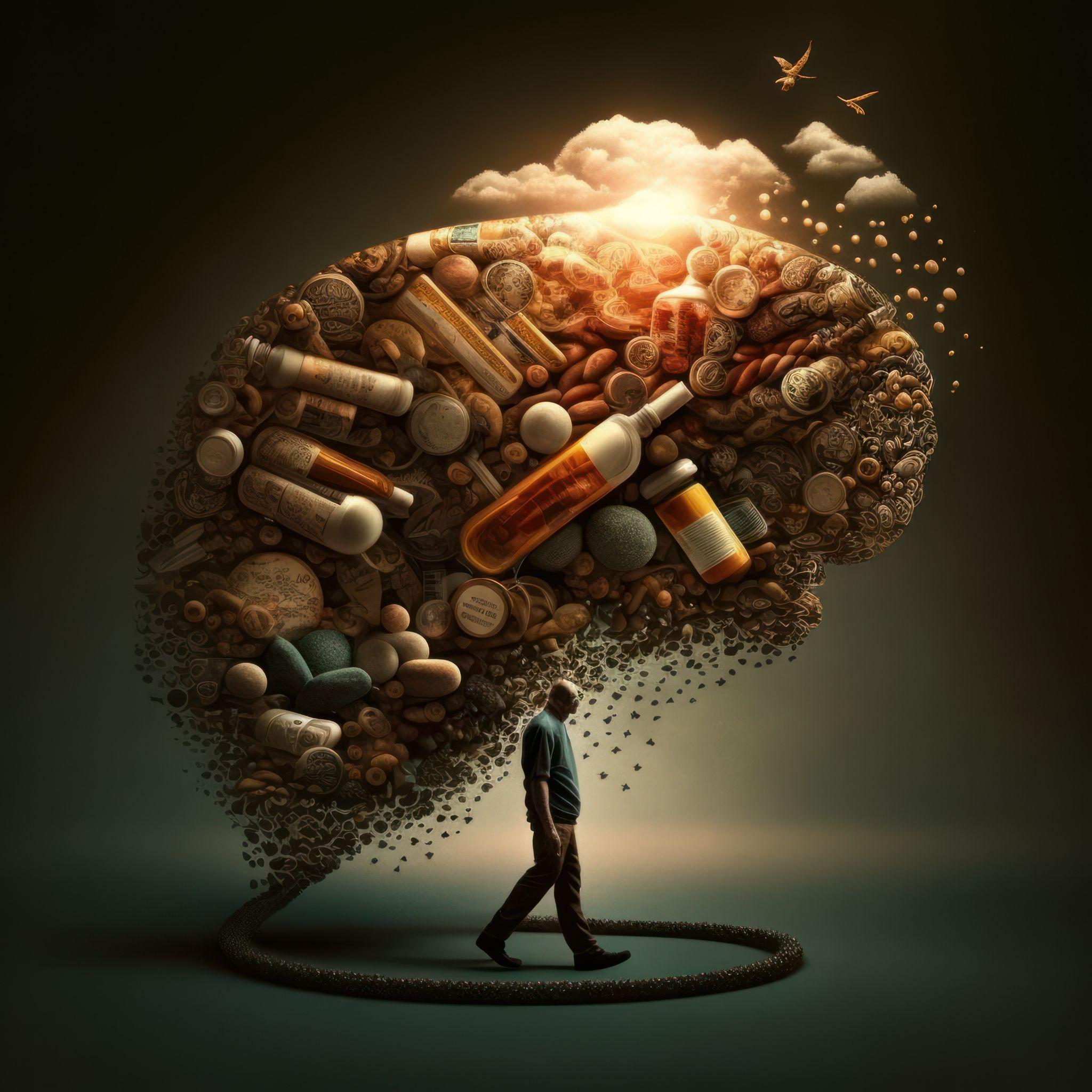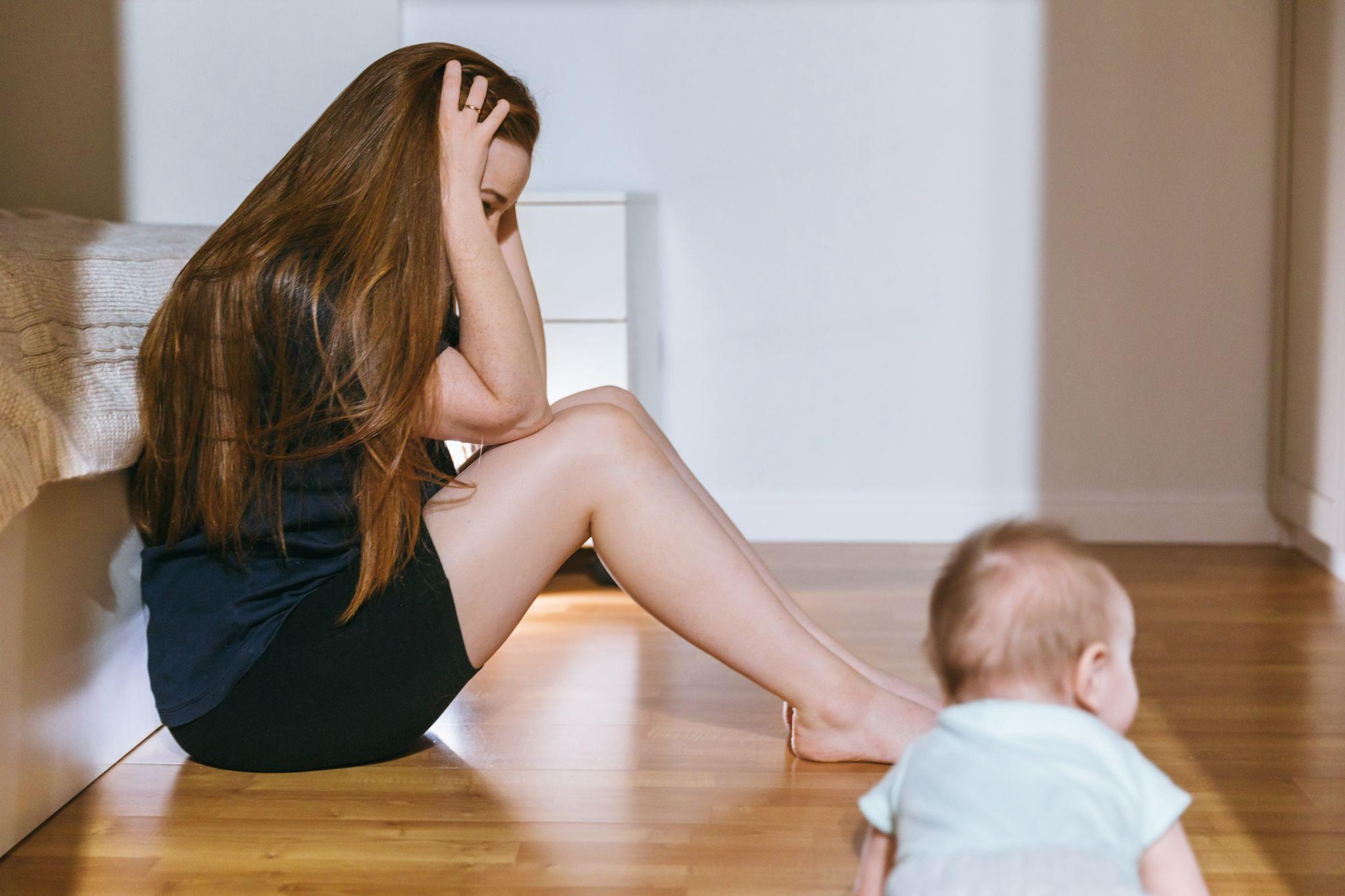Benzodiazepines, commonly referred to as ‘benzos,’ belong to a class of prescription drugs frequently used in the medical treatment of various conditions, including anxiety disorders and sleep disturbances. Despite their therapeutic benefits, benzodiazepines can potentially lead to physical dependence and addiction, contributing to numerous harmful physical and psychological consequences. Below, we’ll investigate the addictive nature of benzodiazepines, and the signs and treatment options for benzodiazepine addiction.
What Are Benzodiazepines?
Benzodiazepines are psychoactive drugs that enhance the effects of the neurotransmitter gamma-aminobutyric acid (GABA) on the central nervous system, promoting sedation, muscle relaxation, and a sense of calm. They are typically prescribed as short-term treatments for conditions like panic disorders, sleep disorders, and certain types of epilepsy. Some common benzodiazepines include alprazolam (Xanax), diazepam (Valium), and lorazepam (Ativan).1
Are Benzodiazepines Addictive?
The simple answer is yes. Benzodiazepines, despite their medicinal use, can become highly addictive when used over a long-term period or when misused, such as when taken in high doses or without a prescription. This drug abuse can lead to one becoming physically dependent in as little as two weeks of continuous use.
Addiction to benzodiazepines manifests as an uncontrollable urge to continue using the drug, even when it leads to negative health consequences. These substances initially create a ‘feel good’ effect, which can entrap individuals into a cycle of escalating use as their body builds tolerance, needing higher doses to achieve the same effects.
The Risks and Effects of Benzodiazepine Abuse
Long-term use or misuse of benzodiazepines can result in several physical and mental health issues. The effects of benzodiazepines include cognitive impairment, depression, physical dependence, and a heightened risk of overdose. Mental effects can encompass memory issues, confusion, and impaired judgment, while physical symptoms may range from dizziness and weakness to severe withdrawal symptoms when the drug’s use is diminished or discontinued.
Withdrawal from benzodiazepines can be a challenging and dangerous process. Symptoms of withdrawal include anxiety, restlessness, insomnia, and in severe cases, seizures.2 These symptoms underscore the necessity of seeking professional help when attempting to cease using benzodiazepines, as medical supervision can manage these symptoms and provide essential support.
Recognizing Benzodiazepine Addiction
Recognizing benzodiazepine addiction is the first step towards seeking help. Indicators of addiction can include:
- Persistent use of benzodiazepines, even when they cause negative health effects or disrupt personal life.
- An increased tolerance, requiring higher doses to achieve the same effect.
- Experiencing withdrawal symptoms when attempting to stop or reduce usage.
- Investing a substantial amount of time acquiring, using, or recovering from the effects of benzodiazepine
- Neglecting responsibilities due to drug use.
If these signs are familiar, it’s critical to seek immediate help from a healthcare provider or addiction specialist.
Overcoming Benzodiazepine Addiction at Newport Beach Recovery Center
At Newport Beach Recovery Center, we understand the intricacies of benzo addiction and are dedicated to helping our clients navigate their recovery journey safely and successfully. Our approach comprises medical detoxification, psychological support, and strategies for long-term recovery.
Our medical team assists in managing the symptoms of withdrawal during the detox process, ensuring clients’ safety and comfort. Simultaneously, our psychological support helps clients comprehend the roots of their addiction, empowering them to develop healthier coping strategies.
Overcoming addiction should not be a journey one undertakes alone. At Newport Beach Recovery Center, we believe in creating a supportive, inclusive environment that facilitates recovery. Our aim is not just to aid clients in detox but to provide them with the tools necessary for a fulfilling, drug-free life.
If you or a loved one is grappling with benzodiazepine addiction, don’t hesitate to reach out. Recovery is not just possible; it’s a journey we can undertake together. With the right help and support, overcoming the toxic effects of benzodiazepine addiction can be a fresh start.
Sources:






